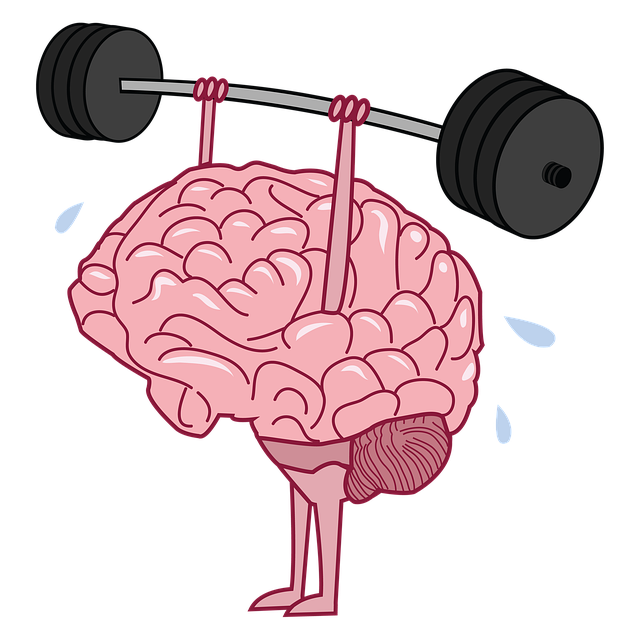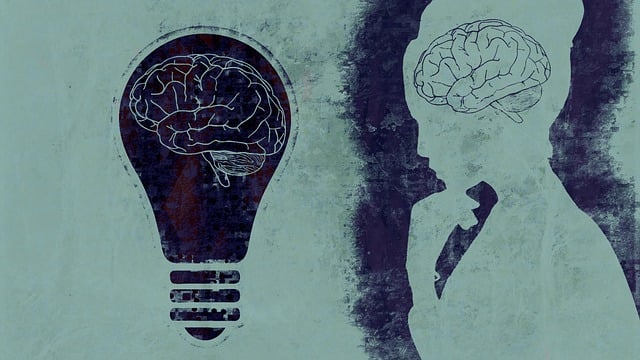Boulder Womens Issues Therapy emphasizes the growing need for accessible, personalized mental wellness support for women facing unique challenges. Mental wellness apps are emerging as a solution, offering digital solutions tailored to users' needs. These apps focus on self-care, emotional regulation, mindfulness, mood tracking, and cognitive behavioral techniques. By integrating features like mood tracking, goal setting, mindfulness meditation, conflict resolution, journaling, and community support, these apps empower women to proactively manage their mental health. Development should balance innovative technology with ethical practices, cultural sensitivity, and evidence-based tools, ensuring Boulder Womens Issues Therapy apps provide effective, holistic mental healthcare resources.
In today’s fast-paced world, mental wellness apps are becoming indispensable tools for promoting psychological well-being. As awareness of mental health issues grows, developers are turning their attention to creating innovative solutions tailored to specific demographics, such as Boulder Women’s Issues Therapy apps. This article explores the critical need for these applications, delves into essential design features and functionality, and navigates the development process while addressing ethical considerations unique to Boulder Womens Issues Therapy apps.
- Understanding the Need for Mental Wellness Apps
- Key Features and Functionality in Design
- Development Process and Ethical Considerations for Boulder Women's Issues Therapy Apps
Understanding the Need for Mental Wellness Apps

In today’s fast-paced world, mental wellness has become a paramount concern, especially for women navigating complex issues unique to their gender and experiences. Boulder Womens Issues Therapy highlights the growing demand for accessible and personalized support. The rise of mental wellness apps addresses this need by offering digital solutions tailored to individual users, providing an alternative or supplemental approach to traditional therapy.
These applications focus on various aspects of emotional well-being, from self-care routine development for better mental health to strategies for emotional regulation. By incorporating features like mindfulness exercises, mood tracking, and cognitive behavioral techniques, they empower individuals to proactively manage their mental health. Furthermore, with an increasing awareness about depression prevention, these apps play a crucial role in identifying early signs and offering timely interventions, ultimately contributing to improved overall wellness.
Key Features and Functionality in Design

In designing a mental wellness app, key features must prioritize user experience and accessibility for addressing various Boulder women’s issues therapy needs. Incorporate intuitive interfaces that enable users to track moods, set personalized goals, and access therapeutic tools like Mindfulness Meditation sessions tailored to their specific challenges. Integration of Conflict Resolution Techniques can be a powerful addition, offering strategies for managing interpersonal disputes while fostering Mental Health Awareness.
Functionality should include secure journaling capabilities where users can document their feelings, track progress over time, and reflect on personal growth journeys. Additionally, incorporating community features—such as forums or peer support groups—can enhance social connections, providing users with a sense of belonging and additional resources for navigating mental health concerns. These inclusive design elements ensure the app caters to a wide range of Boulder women seeking holistic solutions for their therapeutic needs.
Development Process and Ethical Considerations for Boulder Women's Issues Therapy Apps

The development process for Boulder Women’s Issues Therapy apps requires a nuanced approach that balances innovative technology with ethical considerations. First and foremost, app designers must prioritize Cultural Sensitivity in Mental Healthcare Practice. Given the diverse backgrounds of women in Boulder, ensuring the app resonates with various cultural perspectives and avoids perpetuating stereotypes is paramount. Incorporating Mind Over Matter Principles can empower users by offering evidence-based tools for stress reduction and emotional well-being, fostering a sense of agency.
Additionally, developers should focus on cultivating Emotional Intelligence within the app’s functionality. This involves creating interactive features that encourage self-reflection, empathy, and healthy communication skills. By integrating these aspects, Boulder Women’s Issues Therapy apps can become valuable resources for women seeking support while upholding ethical standards in mental healthcare delivery.
Mental wellness apps, particularly those tailored to address Boulder Women’s Issues Therapy concerns, have emerged as powerful tools for promoting mental health and accessibility to care. By integrating key features like personalized therapy sessions, mood tracking, and supportive communities, these applications offer a promising solution for individuals seeking support. The development process must prioritize ethical considerations, ensuring data privacy and cultural sensitivity, while focusing on user-centric design and evidence-based practices. As the demand for digital mental health solutions continues to grow, developers have an opportunity to create transformative apps that cater to diverse needs, making therapy more accessible and effective for everyone.











